We can’t ignore evil—but we don’t have to fear it. God never forgets His people, even when the world feels dark. In this episode of How to Study the Bible, Nicole Unice unpacks Daniel 8—a vision set “in the third year of King Belshazzar”—featuring a ram (Medo-Persia), a goat (Greece under Alexander the Great), and a “little horn” that foreshadows vicious oppression against God’s people and ultimately prefigures end-times opposition. Nicole shows how Scripture itself interprets the symbols, why this prophecy likely emboldened Daniel in later chapters, and how the vision’s weight moved Daniel to both ponder and then “go about the king’s business.” This chapter becomes a practical call: if we truly grasp God’s sovereignty and the sweep of history, how should we live right now—especially toward the “least of these”? Main Takeaways / Learning Points Let Scripture interpret Scripture. Daniel 8 provides its own interpretation (Medo-Persia → ram; Greece → goat; post-Alexander turmoil → the “little horn”). We don’t need hidden codes; we need faithful reading. Prophecy forms character. Daniel is overwhelmed by the vision yet gets up and returns to his work in faithfulness (Dan. 8:27). What we know should shape how we live. Evil has a pattern—and a limit. History (e.g., Antiochus IV; later, Nazi persecution of Jews) shows how evil targets worship, dignity, and truth. Still, God preserves His people and sets an end to oppression. Discipleship looks like proximity and mercy. Jesus’ measure in the end is love in action—feeding, welcoming, visiting, clothing (Matt. 25:31–40). Right belief matters; embodied mercy proves it. When the world feels overwhelming, do the next faithful thing. Resist over-responsibility for the whole world and under-responsibility for your neighbor. Do justice, love mercy, walk humbly (Mic. 6:8). Bible Verse References (linked) Daniel 8 — Vision of the ram, goat, and little horn; interpretation given Daniel 8:26–27 — “Seal up the vision… I, Daniel, was worn out… then I got up and went about the king’s business.” Matthew 25:31–40 — The Son of Man and “the least of these” Micah 6:8 — Do justice, love mercy, walk humbly (Context touchpoints mentioned) Daniel 5 Next Steps: Get the free Daniel Study Guide: Daily 15-minute readings, reflection prompts, and prayer to help you engage Scripture all week. (Find it at NicoleUnice.com/daniel.) Subscribe & Review: If this helped you, follow the show and leave a quick review so others can find the podcast. Share the episode with a friend or small group studying Daniel. Study Bible Recommendation: Use a trusted Study Bible/commentary for historical background on Medo-Persia, Greece/Alexander, and the Seleucid period (helpful for Daniel 8). Watch the bonus segment on YouTube ("Understanding American Christian Zionism"): Join the conversation and get the extra content! https://www.youtube.com/nicoleunice Discover more Christian podcasts at lifeaudio.com and inquire about advertising opportunities at lifeaudio.com/contact-us.



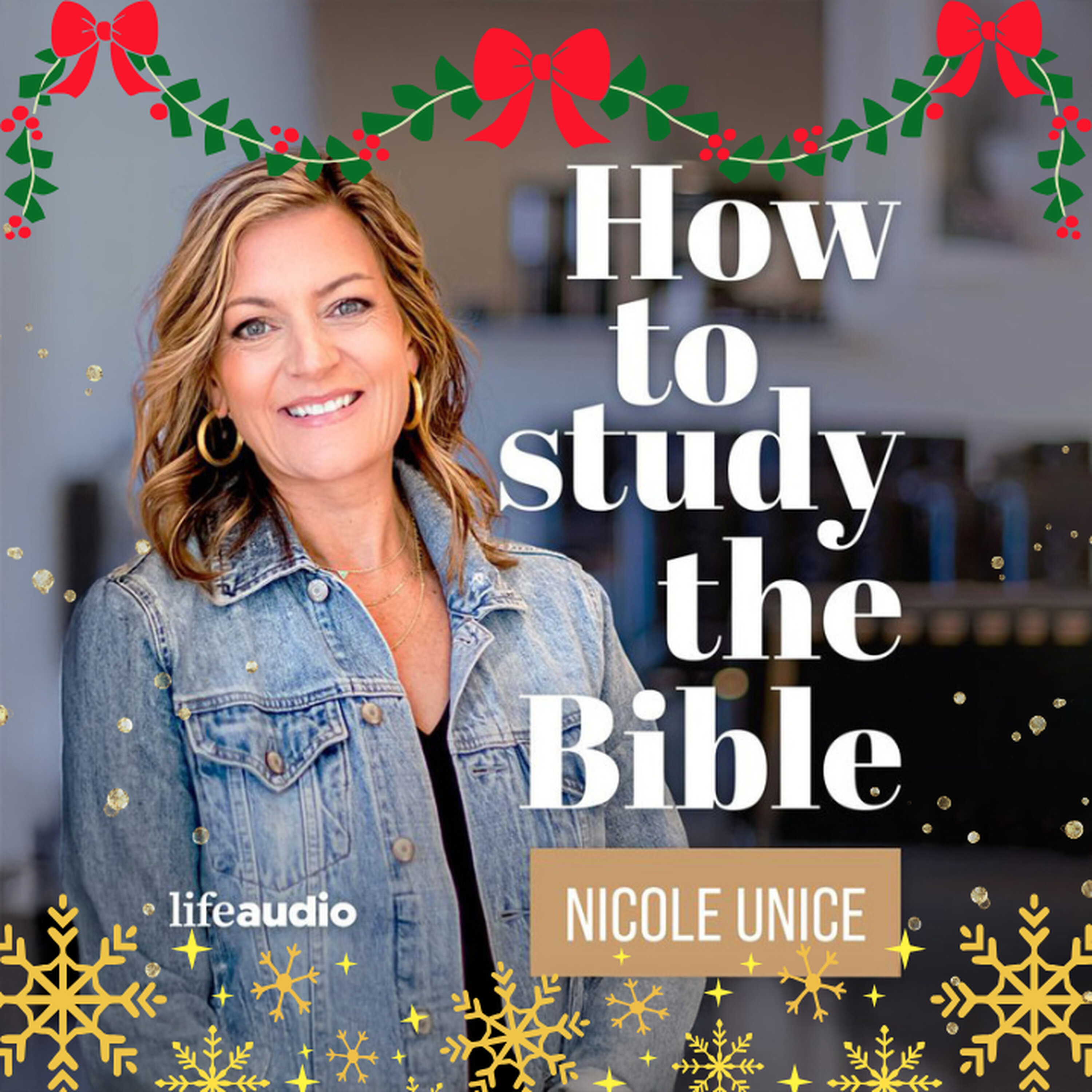


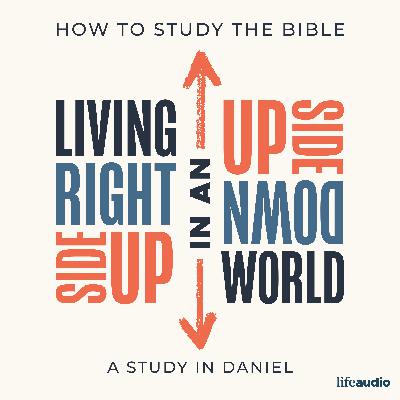
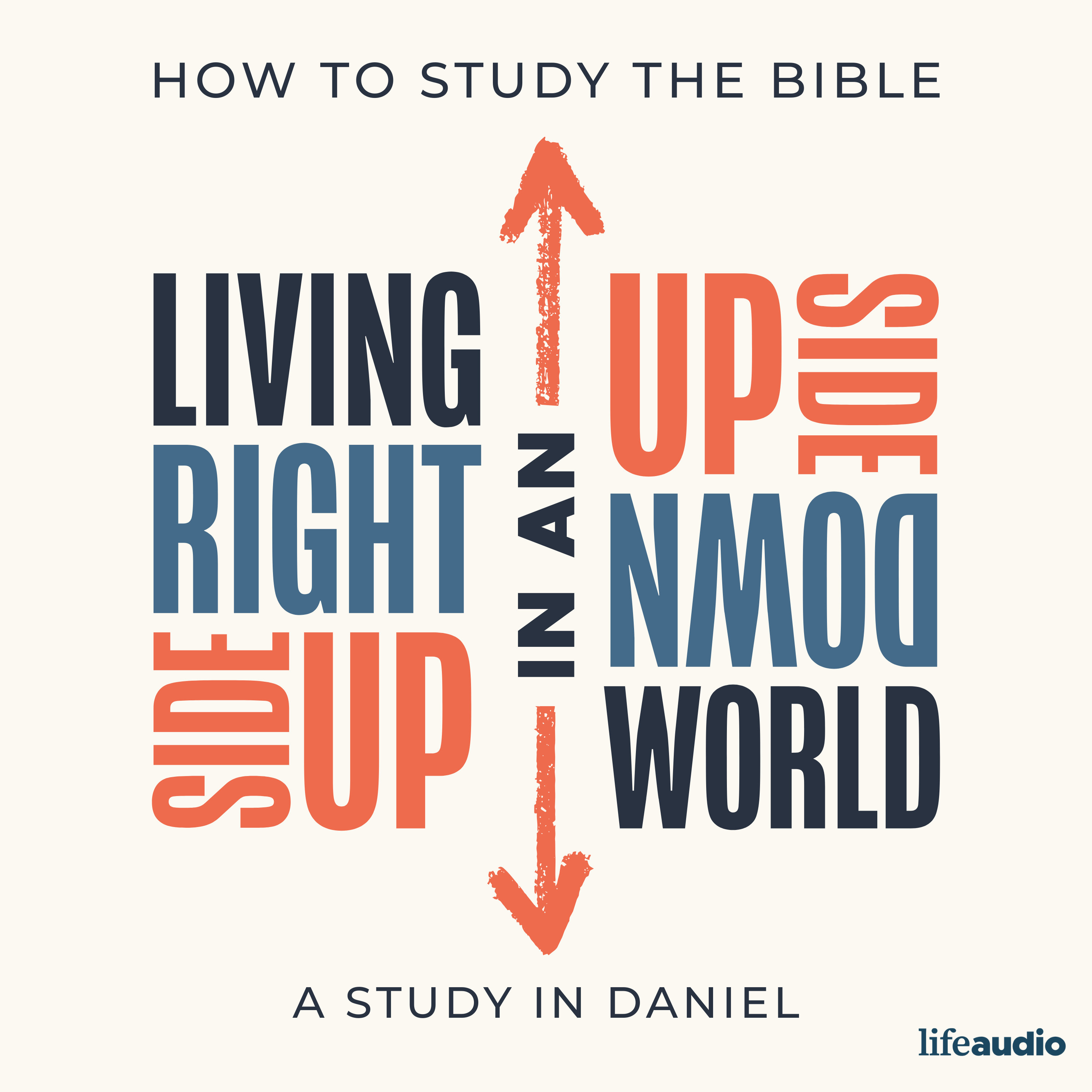
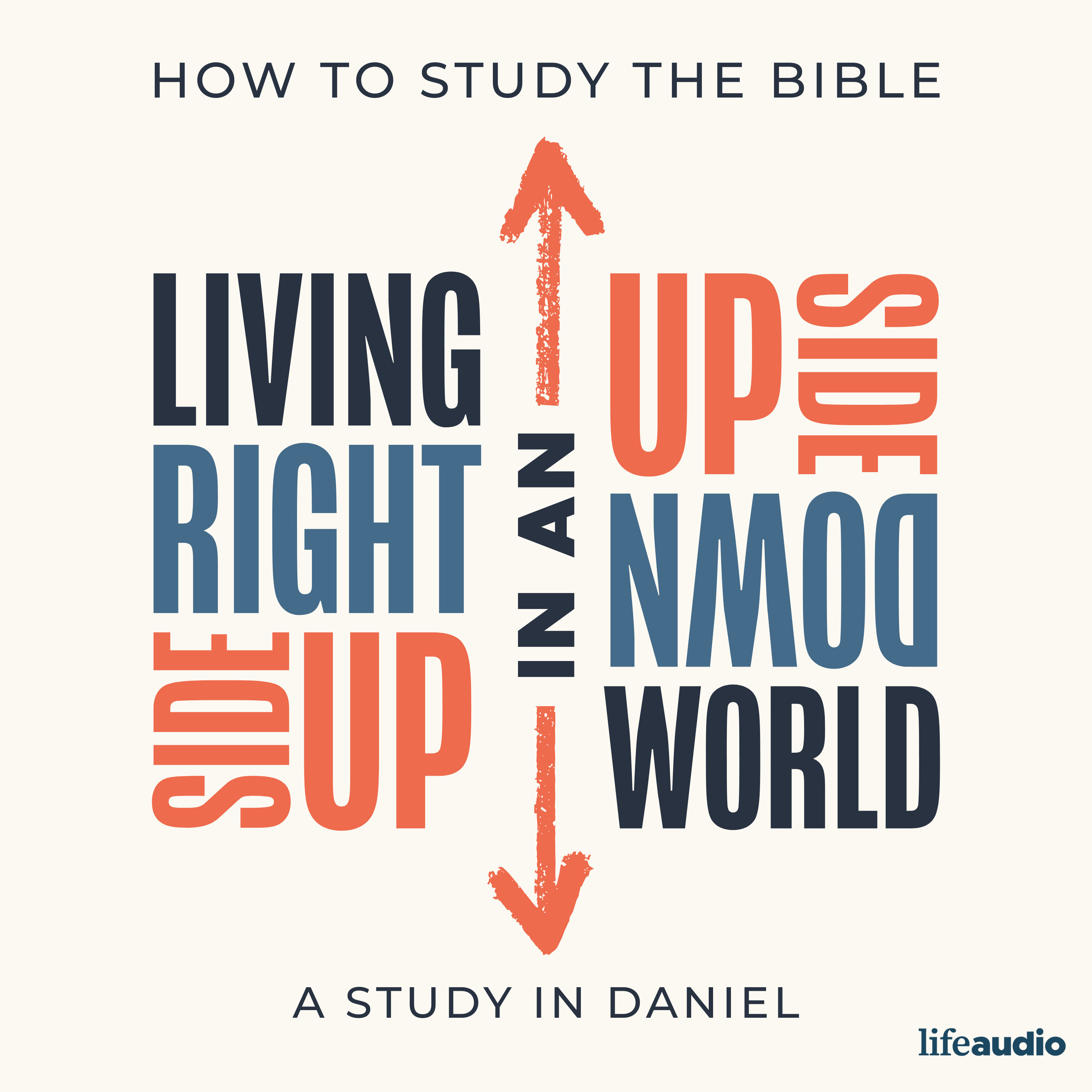
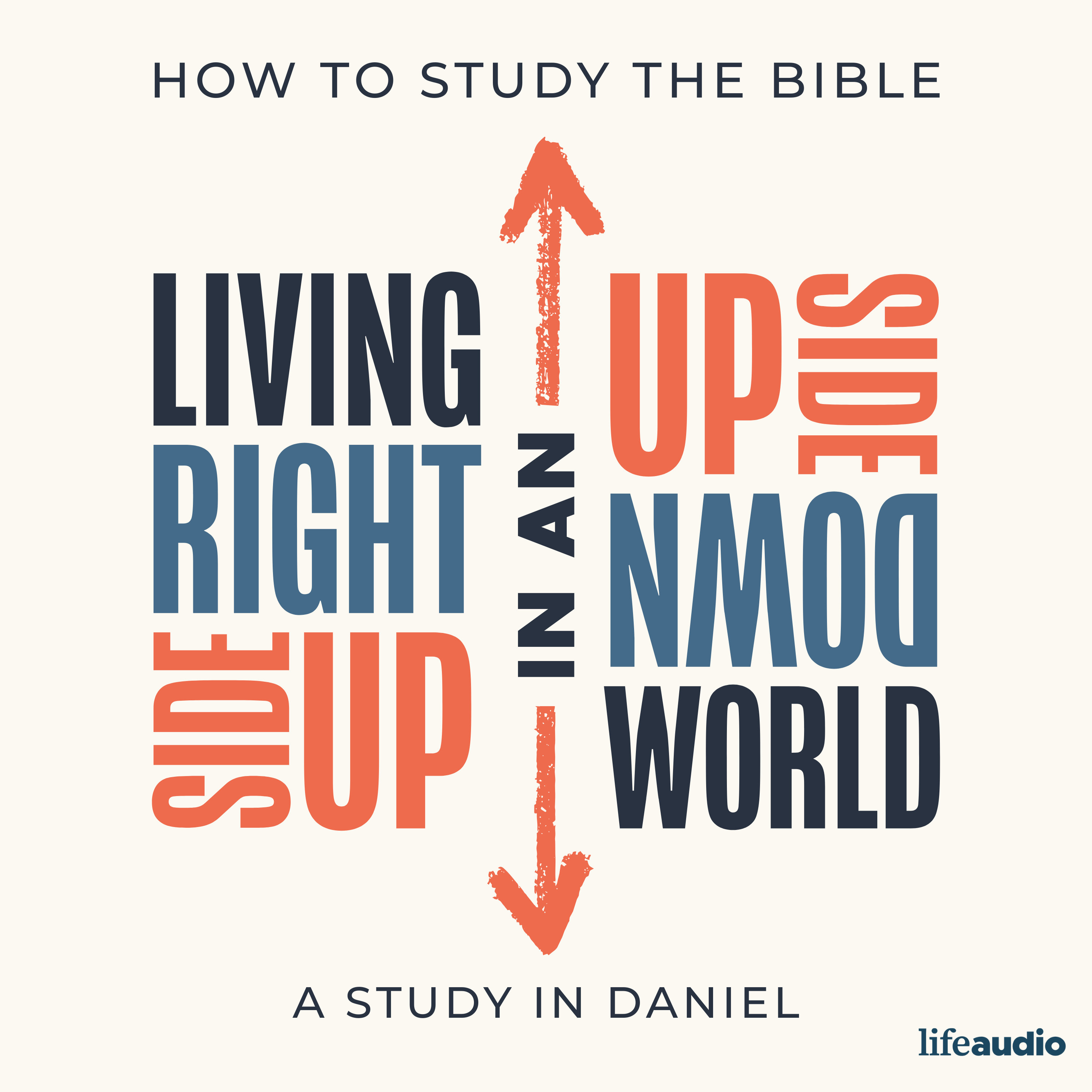
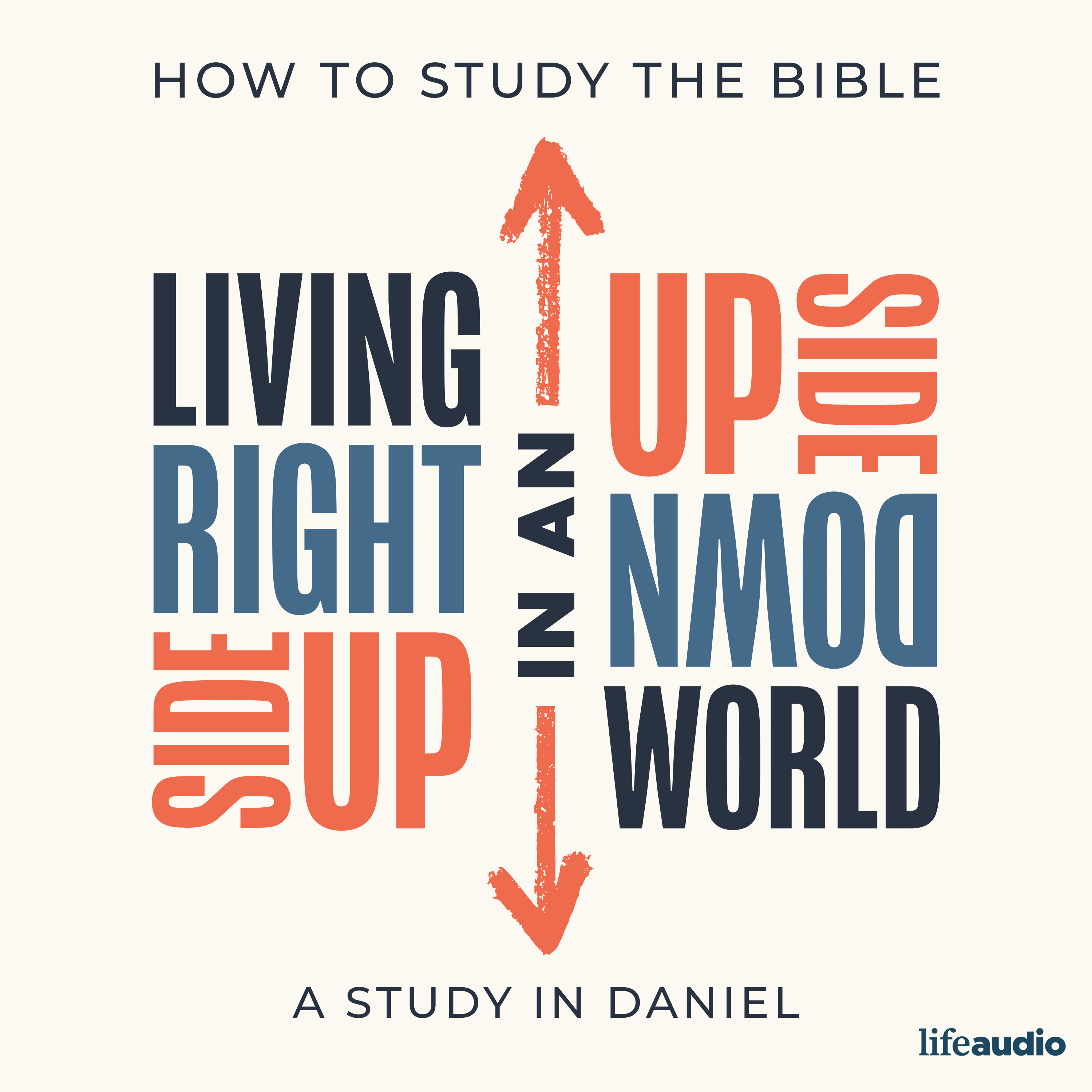



Hey, nice to visit your site. Thanks for sharing this lovely content. The essay for sale service can be a helpful academic resource when used ethically, and Academized services are available at https://academized.com/essay-for-sale It offers well structured examples that guide students in improving their writing and understanding complex topics. However, it’s essential to use these essays as references or learning tools rather than shortcuts, to maintain originality and academic honesty.
I appreciate your content. My homework services are a reliable support system for students dealing with academic pressure. They offer expert help that ensures quality work and on time delivery, and Academized services are available at https://academized.com/do-my-homework When used responsibly, these services can reinforce learning, clarify difficult topics, and help students maintain balance between their studies, part-time jobs, and personal commitments.
no mention of what the ALIVE method is?
the women teaching verse is such a good example!many men love using that out of context to keep women's voices silent and keep all the authority for themselves.
"Does this principle transcend culture, gender, age, status, etc? [...] or is that perhaps a historical context?" BINGO. So many people, mostly male leaders, ignore this to interpret Scripture to their benefit and to keep women quiet.
so SO good!!! #Godisgood
so SO good!!! #Godisgood
"Do not get up...!" 😄😍🙌
"I've been where there is no You, Jesus, and I ain't goin' back!"
May I ask what you mean by "the Bible informs the Bible"?
This podcast has nothing to do with how to study the Bible. It's about Nicole teaching the Bible. It couldn't be farther from "how to study the Bible". The title is extremely misleading.
I've really enjoyed this series it's been very helpful. will there be any more?